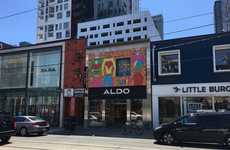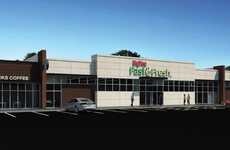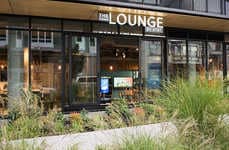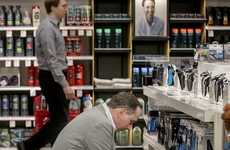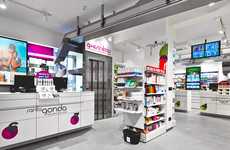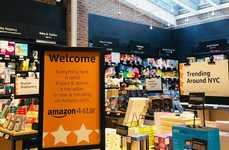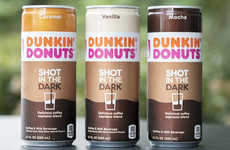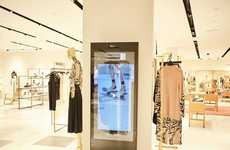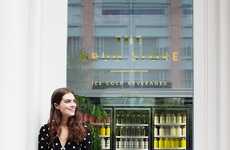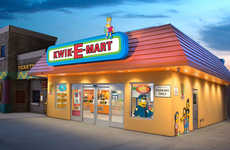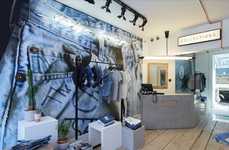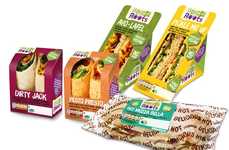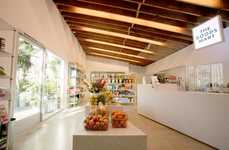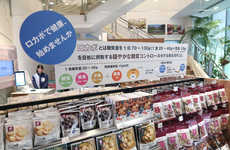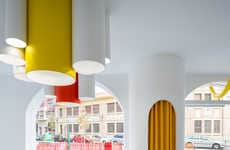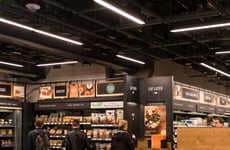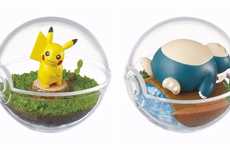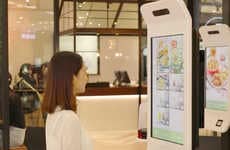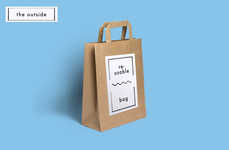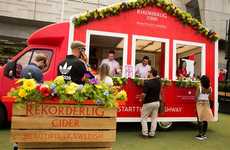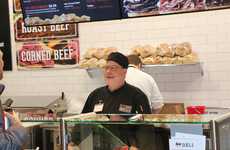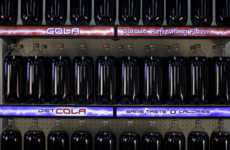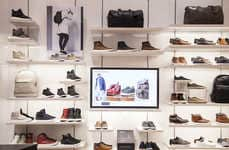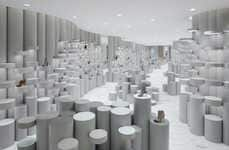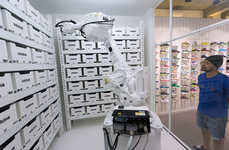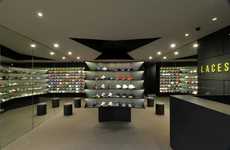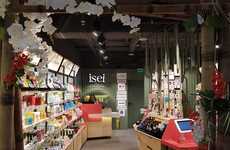
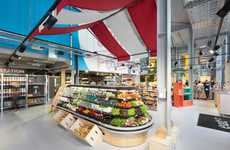
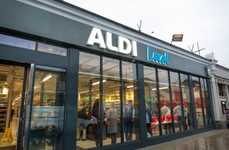
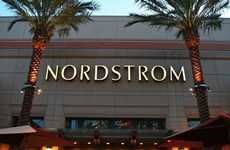
Retailers shrink their urban footprint and adopt hyper-local cultural norms
Trend - Responding to today's tumultuous retail landscape, merchants serving urban areas across categories are opting for condensed stores with a hyper-local focus in design as well as a curated selection of products and services. This shift serves as a reflection of some consumers' heightened expectation that retailers will respond to their specific needs and preferences.
Insight - With urban consumers increasingly focusing on small businesses, eco-friendly brands, and ecommerce in the brands they choose to purchase from, big-box retailers in large cities are having to diversify how they present their retail locations. With constraints related to time and space, and preferences for authenticity, consumers that live in metropolitan areas are choosing to opt for curation over the overwhelming choices that big-box locations have long offered.
Insight - With urban consumers increasingly focusing on small businesses, eco-friendly brands, and ecommerce in the brands they choose to purchase from, big-box retailers in large cities are having to diversify how they present their retail locations. With constraints related to time and space, and preferences for authenticity, consumers that live in metropolitan areas are choosing to opt for curation over the overwhelming choices that big-box locations have long offered.
Workshop Question - How could your brand develop a highly curated retail experience for its customers?
Trend Themes
1. Hyper-local Store Design - Retailers are adopting a hyper-local focus in their store design, catering to the specific needs and preferences of urban consumers.
2. Condensed Retail Footprint - To cater to urban consumers who focus on small businesses, eco-friendliness, and e-commerce, retailers are scaling down their stores and offerings to provide authentic and curated experiences.
3. City-friendly Concepts - Brands are developing small-format stores that cater to the needs of urban consumers who do not have the time or means to travel to big-box stores.
Industry Implications
1. Retail - Retailers are shifting their store designs and offerings to cater to the urban market's specific needs and preferences, which presents opportunities for new and innovative store concepts and experiences.
2. E-commerce - E-commerce is becoming increasingly important for retailers, particularly in urban areas, as consumers look for convenient ways to purchase eco-friendly and small-business products.
3. Sustainability - As consumers become more focused on eco-friendliness and reducing waste, retailers are developing new concepts that focus on sustainability and reducing packaging waste.
